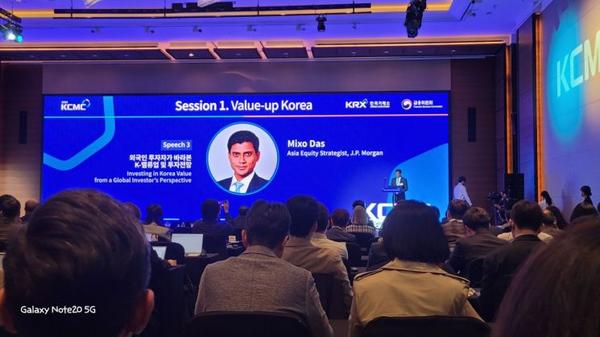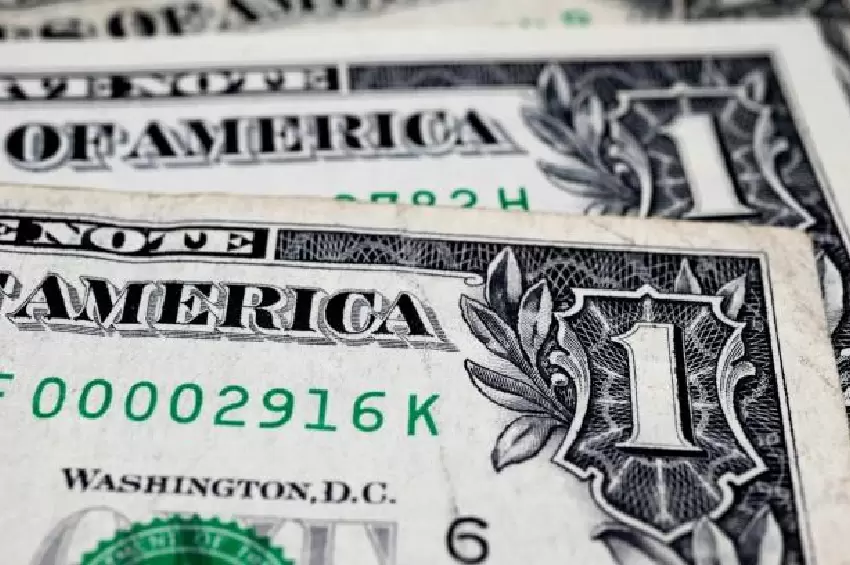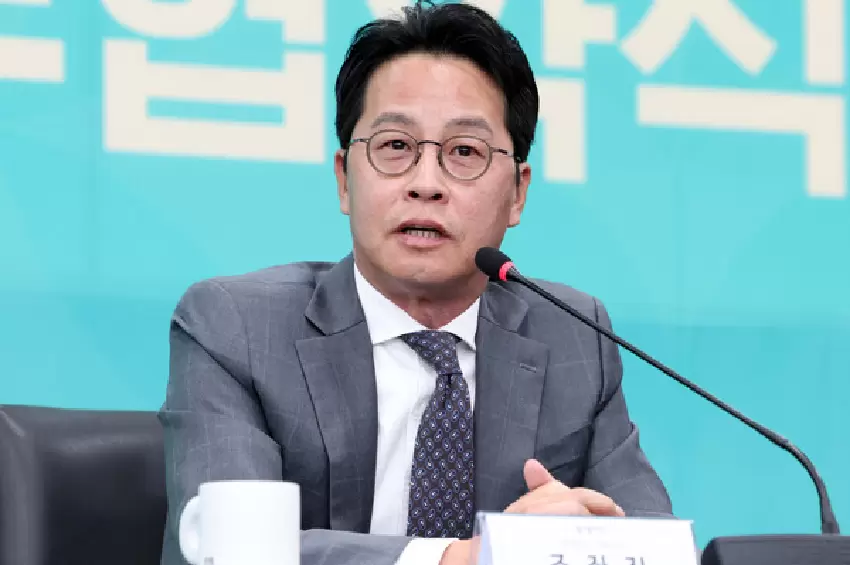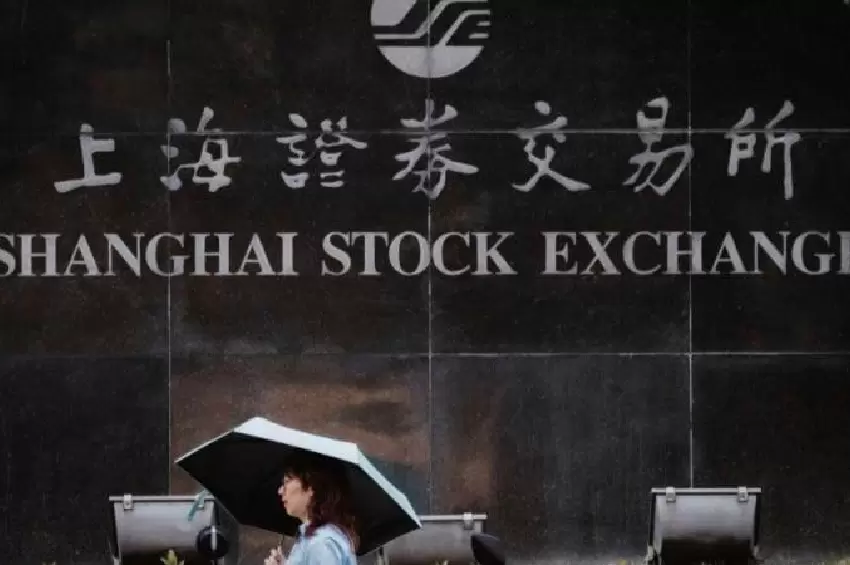Tax Reforms and Value Enhancement Program
In late July, the Korean government proposed a tax reform bill aimed at reducing corporate taxes and offering separate tax benefits for dividend income for companies focused on shareholder returns and value enhancement. However, the bill remains stalled in the National Assembly due to disagreements between the ruling and opposition parties.

Earlier this year, the government initiated a value enhancement program, which has since attracted significant foreign investment, particularly in the finance and automotive sectors. This development was a key topic at the Korea Capital Market Conference 2024, held on November 4 at the Conrad Hotel in Yeouido, Seoul, where Mixo Das, JP Morgan's Asia equity strategist, presented a comprehensive analysis.
Challenges and Opportunities in Korea's Capital Market
During his presentation, Das highlighted that Korea's high tax rates compared to other countries could hinder further growth. He emphasized that implementing tax reforms would positively impact value enhancement, particularly in areas such as dividend income tax. Das noted that while foreign investment has been steadily increasing, the Korean capital market remains undervalued outside the finance and automotive sectors, due to inefficient use of capital, low shareholder participation, and a lack of integrated system management with the global capital market.

Das pointed out that low capital efficiency indicators, such as return on equity (ROE) and return on invested capital (ROIC), contribute to the so-called "Korea discount." He suggested that increasing Korea's ROIC could enhance shareholder value, potentially boosting it by more than 100%. Additionally, Das commented on the low shareholder return rate and corporate governance scores in Korea, predicting that shareholder activism activities will increase, leading to advancements in corporate capital management capabilities and a virtuous cycle through the improvement of total shareholder returns.









Comments